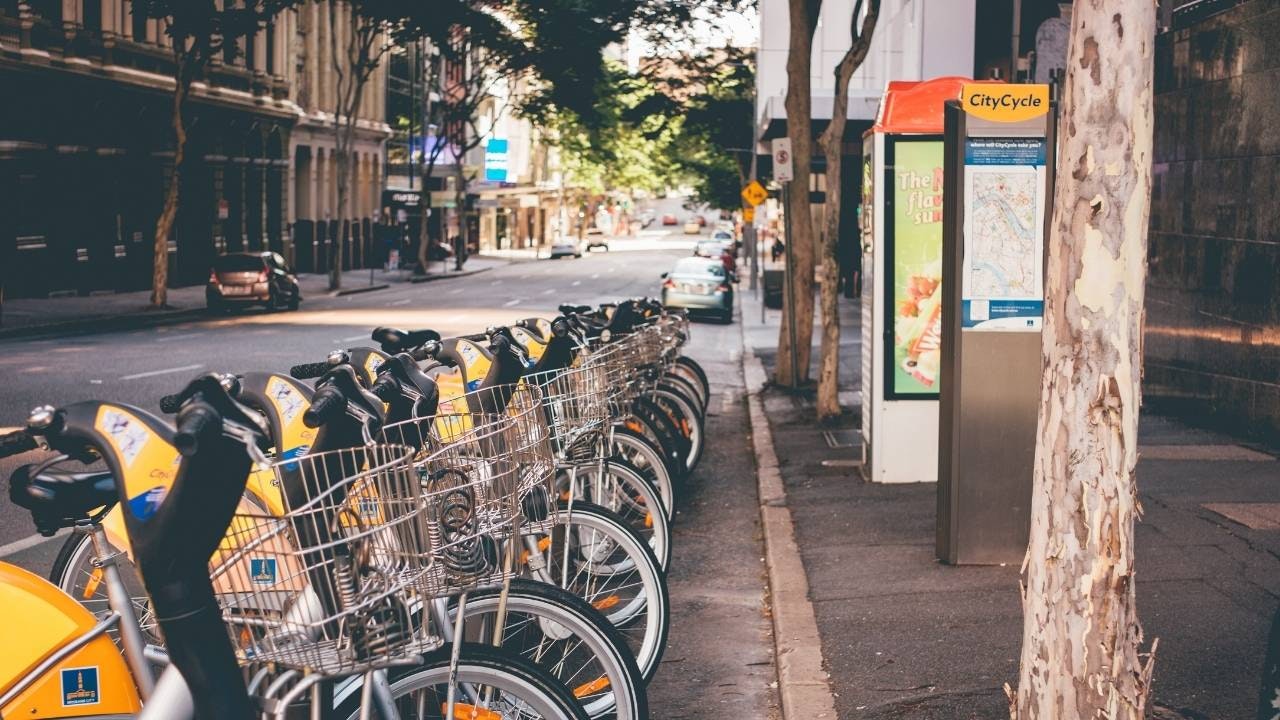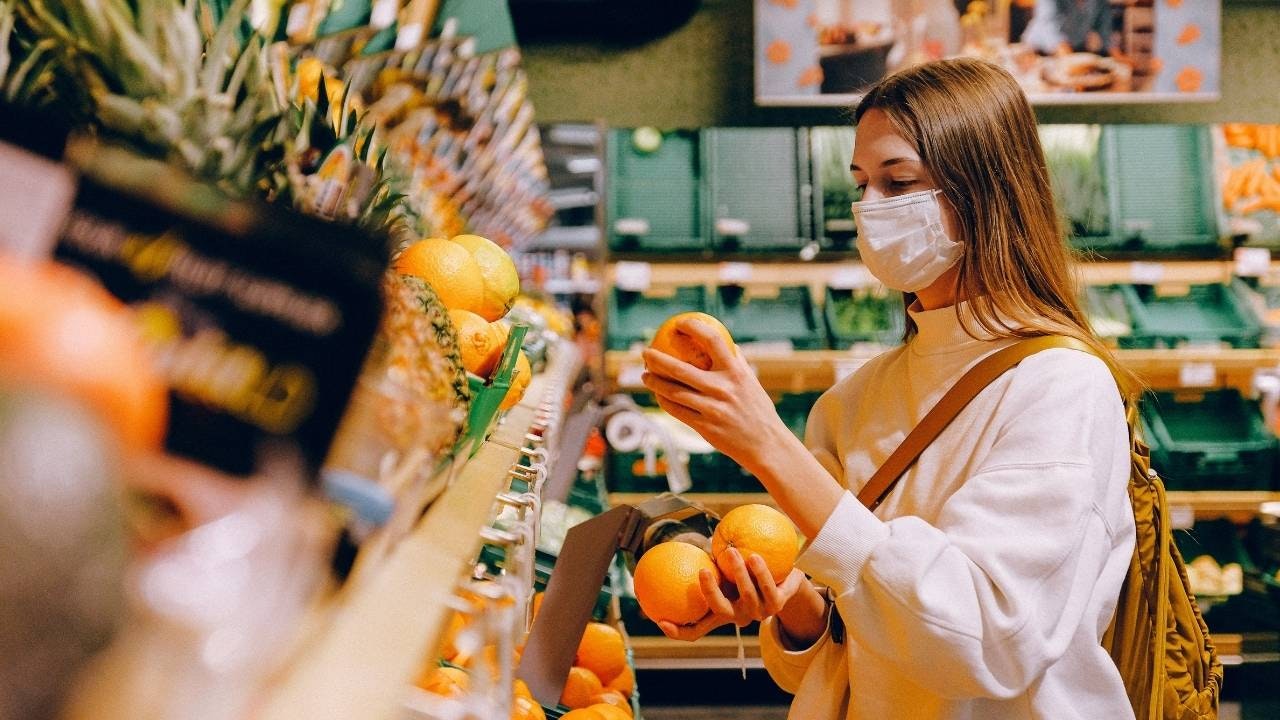With road trips and outdoor adventures becoming increasingly popular in recent years, many travellers are making more environmentally-conscious decisions when hitting the road. From ensuring proper packing weight and sufficient tyre pressure for efficient fuel consumption to turning off the lights when leaving rooms and not using plastic bottles, travelling sustainably is achievable simply by being more responsible with our actions to create a positive effect on the communities we visit.
So, how does one actually do eco-friendly travel? Here are some green travel tips you can easily pick up the next time you're on holiday.
Don't miss out: Get closer to your getaway with our great deals!
Swap out plastics for friendlier alternatives
Don't be surprised to find that many businesses, capital cities, and regional destinations have already swapped out single-use plastic for biodegradable or compostable options. In fact, single-use plastics like plastic utensils and straws are to be phased out in Australia from 2025 onwards.
It's for good reason. WWF Australia estimates it takes about 200 years for a plastic straw to decompose.
It's easy to turn to the convenience of single-use plastics, especially when you're hitting the road, but the effortless way is not the best. While we know that single-use plastic (like cutlery, plates, cups, and plastic bags) make it easier when packing for a camping trip, it is not the friendliest benefit to Mother Nature.

Stainless steel straw make great reusable alternatives
The next time you find yourself needing the convenience of disposable cutlery, opt to replace plastic ones with biodegradable or compostable options, which are a friendly alternative for the environment and to start reducing your impact on the earth. Biodegradable products can be broken down by living organisms and, as a result, do not leave any chemicals that can harm the ecosystem.
Better yet, find an old-style picnic set complete with plates, mugs, and cutlery. Don't have one? Assemble one of your own! Gather up mismatched items around the household, or reach out to neighbours that may have sets they are happy to part with.
Here are some more ideas on how to be more environmentally-friendly (sans plastic):
-
Bring your own reusable shopping bags
-
Avoid buying or using products wrapped in plastics
-
Use paper bags for storage and bins, or no liners at all and simply wash them out after each use
-
Buy eco-friendly plates and cutlery
-
Bring your own straws (stainless steel is a great option!)
-
Take your own reusable water bottles, so you can top them up along the way (it is cheaper as well).
Looking for a reason to travel? We've got some great deals to help you make up your mind!
Support local communities
Another way of travelling greener is to opt for shopping local. Sustainable travel is also about supporting the communities you visit. Wherever you're travelling to, make an effort to research your destination and its surrounding areas. Instead of shopping at a large, multi-national supermarket, find out if you can buy goods from shops in the area that employ local communities.

A little research may unearth some local gems
If no independent stores are available and you find yourself needing to shop at a large supermarket chain, choose stocked goods that came from your local communities over generic brands. This simple act helps the environment as it reduces your food miles. Instead of travelling thousands of miles, the food you shop for locally has a lower carbon footprint.
Compost and recycle
Composting and recycling is one of the easiest ways to practise low-impact travel and look out for the climate. Take the time to separate your trash to ensure you're using the correct bin.

Always use the right bin
If you're not staying at a park that provides a green waste and recycling bin, consider setting up your own compost container, which can be as simple as a bucket with a tight lid (to stop the creepy crawlies coming in!) and then emptying it out at your next stop that has a green waste bin. Recycling can be done in a similar manner by placing rubbish in a bin or cloth bag until a suitable drop-off location is found.
Tip: When recycling, it is best to rinse any excess liquids and place the lids back on. This will help keep any unwanted bugs and smell away.
Choose alternative travel and sustainable transport

Getting around on two wheels promises a new holiday experience!
Once you have arrived at your destination, try your best to turn off the car and leave it that way. If possible, reduce driving while you're on holiday and instead opt to travel using alternate methods. Walk, ride a bike, or catch a bus/train/tram. You'll be surprised by the difference a change in transportation method will make to your holiday!
Reduce food waste
Food waste is often an overlooked aspect when it comes to green travel. However, if you consider the amount of resources and carbon emissions required to produce, transport, and prepare food, it's no surprise that food waste has significant environmental impacts.

Planning ahead for your shopipng helps reduce food waste
So, how do you reduce food waste? When preparing your own meals, try cooking the amount that is necessary and no more. If heading out to eat, try ordering only what you are able to finish or bring a reusable food container with you to take away leftovers for your next meal!
Responsible clean up—keep green spaces pristine
Camping is so much fun and while we all hate the last day of pack down, making sure that you've cared for the location you were in will not only make the next camper's experience a positive one, it'll also adhere to one of the simple approaches of sustainable travel: being responsible with our actions to create a positive effect on the communities we visit.
After you have packed up the tent or closed the caravan, involve the whole family in some family fun by having a scavenger hunt to collect up any rubbish that has been left around your campsite! Ultimately, make sure it's ready for the next visitors to enjoy nature without litter.




